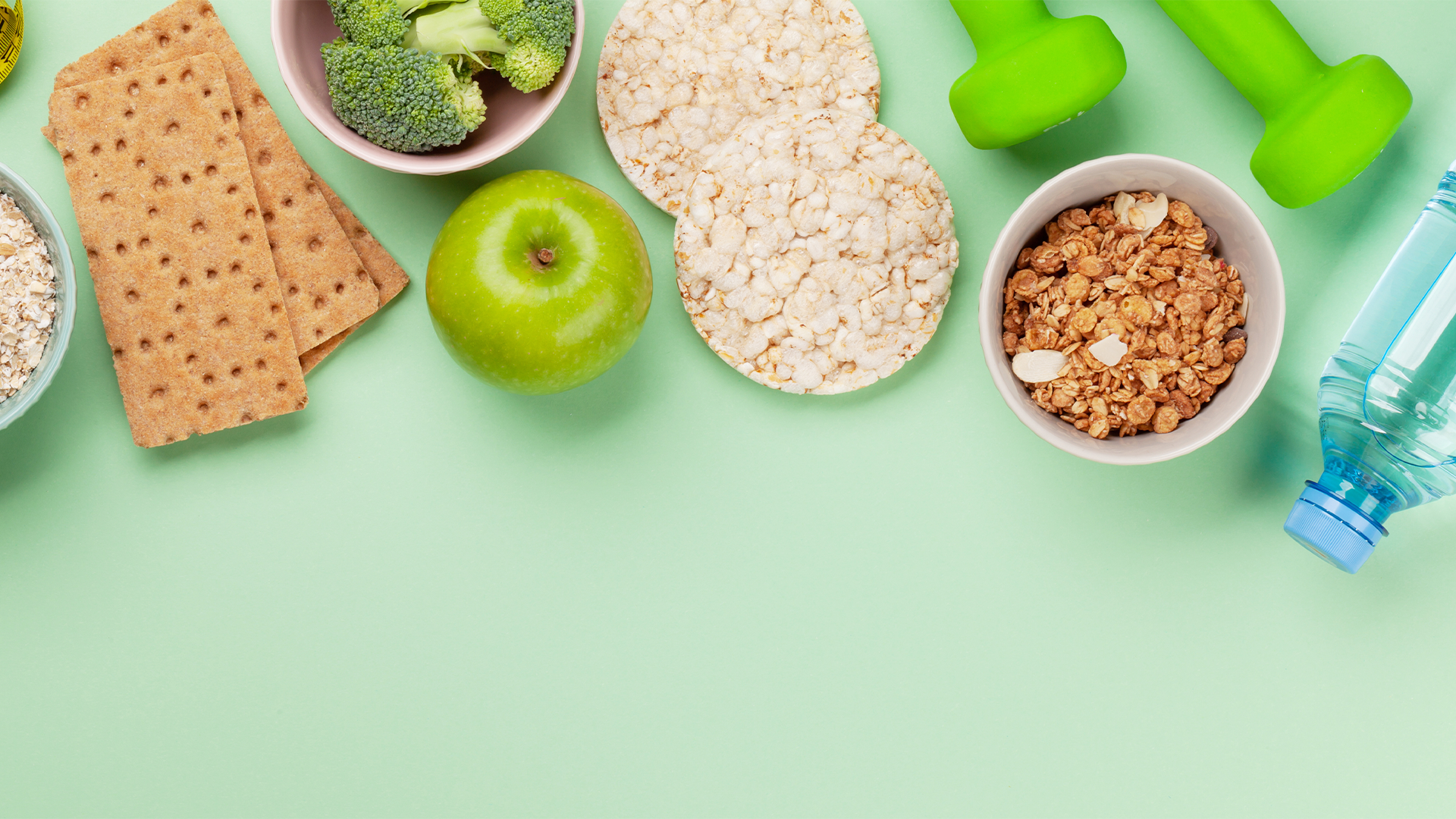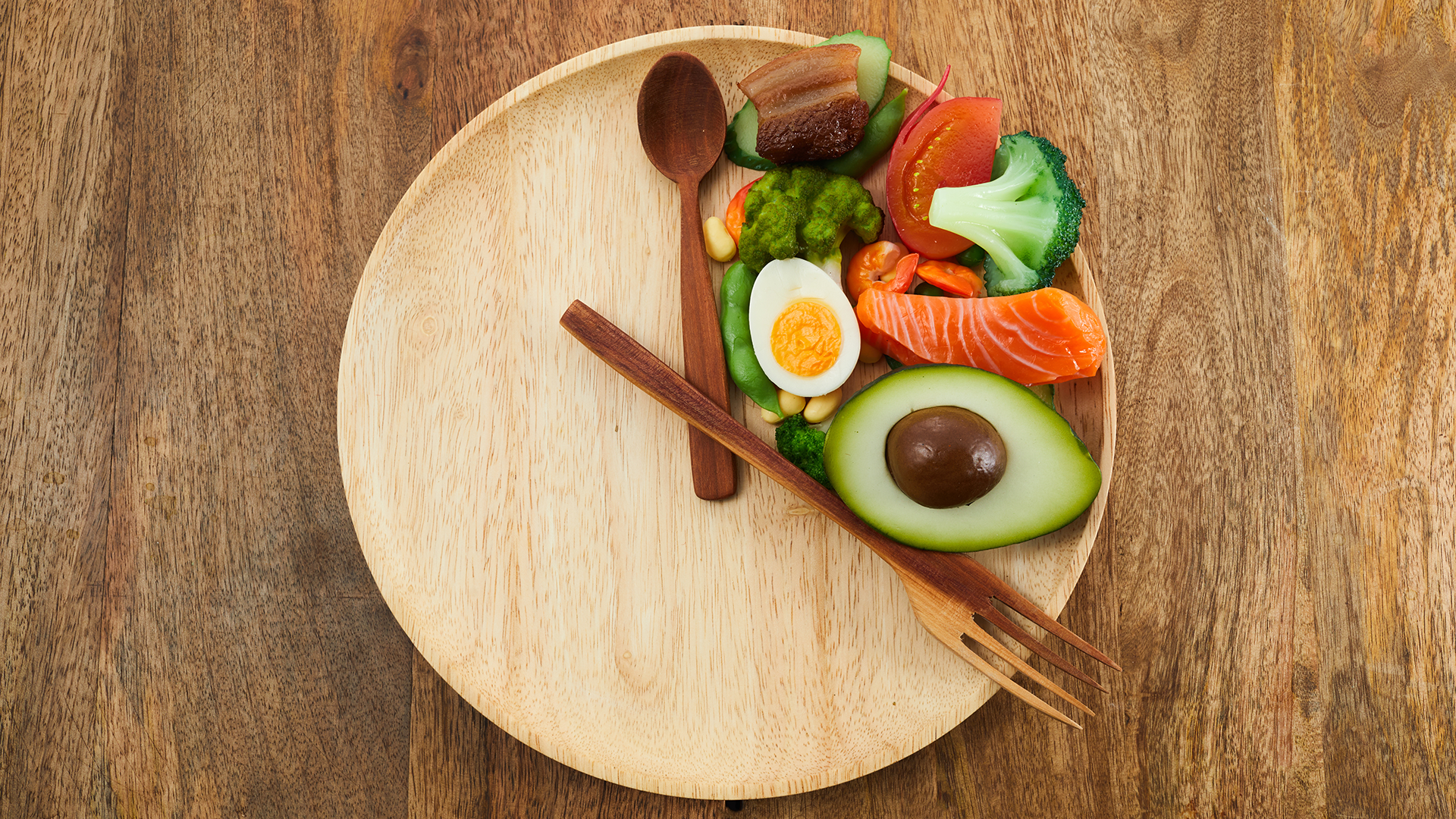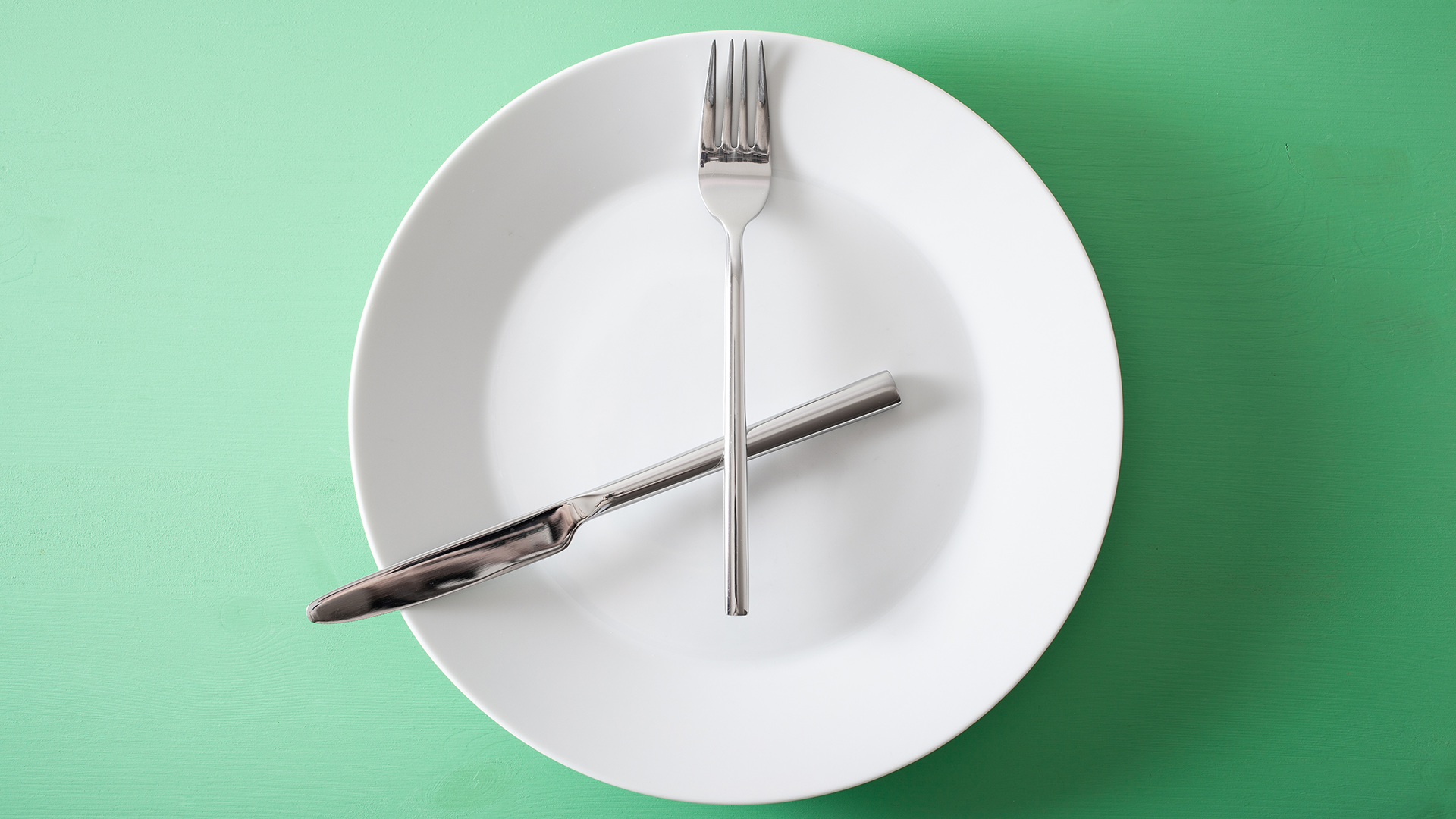Grab your cheat sheet |
We all know that eating fewer calories is the key to weight loss, but what actually are these calories?
And how does counting the number of calories we consume help us maintain a healthy body weight?
What are calories?
Calories are a scientific unit of measurement relating to the energy stored within the food and drinks you consume. Our bodies need energy to perform every function, even sleeping, and we get this energy from food. The amount of calories contained within an item of food tells us how much fuel the food will provide to our bodies.
If you have ever filled up your car and been offered different options for your gas, you will know that some fuel is of a higher quality than others. The same goes for food. Some of the calories we consume come with many healthy nutrients such as vitamins and minerals.
These nutrients are also vital for our bodily processes and aid our body in carrying out the tasks that the calories fuel. A diet high in nutrient-dense foods will give us more energy, and it will improve our overall health.
On the other hand, some high-calorie foods are low in other nutrients. Without these nutrients, we can’t use the calories as efficiently, and our general health will be poorer. We are likely to feel sluggish, some bodily processes will slow down, and we physically won’t move as much, so we won’t use up as many calories. The calories which are used are stored as body fat, and they are often referred to as 'empty calories.’
Calories that come from healthy fats, complex carbohydrates and protein are more useful to our bodies compared with calories from foods high in saturated fat and refined sugar. So while our total caloric intake is an important measure, the types of foods we consume are just as important.
Read our blog post “Does healthy eating make you lose weight?” to find out what type of foods you should include in a healthy, balanced diet.
How many calories do you need?
One of the toughest things about maintaining a healthy weight is figuring out how many calories you actually need.
Of course, there are national guides for adults - adult women should aim for 2,000 calories per day, and adult men should aim for 2,500, but these figures are very generalized.
![]()
Your age, sex, height, weight, daily activity, medical conditions, medication and genetics can all affect how many calories you burn each day. There are calculations you can do to work out a more accurate figure for how many calories you should eat per day to either maintain your current weight, lose weight or gain weight. We recommend starting out with one of these calculations and then weighing yourself and measuring your waist circumference (or other parts of your body) to check if the calculation is correct.
How to work out how many calories you need
Here is a calculator which you can use to give you a good ideaof how many calories you should consume:
So, if you calculate that you need to eat 2,000 calories per day to lose one pound of body fat per week but aren’t seeing any changes after a few weeks, then you can try eating 1,800 instead. The vast majority of foods you buy in the supermarket have a nutrition facts label, this is where you will find the number of calories contained in that food or drink. For loose fruit and vegetables, however, you may have to look up the calories contained online.
How do you lose weight?
In order to lose one pound of body fat, you have to burn 3,500 calories more than you consume - creating a calorie deficit. A general guide is to eat 500 fewer calories per day than you use. This way, you will lose a pound each week, which is a healthy and sustainable way to lose weight.
If you create a calorie deficit of much more than this, say 1,000 calories per day, you may lose more weight in the first couple of weeks, but long term, you can hinder your weight loss journey. Eating too few calories puts your body into starvation mode, at which point your body starts to slow your metabolism down, meaning you burn fewer calories, so your calorie deficit will reduce after a few days or weeks.
The other end of starvation mode is that when you do start to eat a normal diet again, your body stores most of it as fat instead of using it up as energy. This is because your body doesn’t know when it will next receive a good helping of this much-needed fuel, so it stores it up.
How do you prevent weight gain?
There are many people who are against calorie counting, but in our experience, losing weight without counting calories is tough.
For weight maintenance, however, sticking to a healthy diet and simply being mindful of calories (rather than counting them) will often suffice.

However, if you find that you are putting on weight even though you are eating a healthy balanced diet, then counting your calories can be a good way to help you maintain your current weight. If you want to prevent weight gain, ensure that the number of calories you burn is equal to the number of calories you consume. We can’t spend our whole life on a diet, after all!
Are calories the be-all and end-all?
While the calories consumed through food and drink are the most important thing when it comes to losing weight, there are a few things that you can do to encourage weight loss.
- Getting plenty of sleep encourages you to be more active so that you burn more calories. People who don’t get enough sleep are more likely to overeat and make poor food choices.
- You burn more calories while you are exercising, and regular exercise increases your metabolic rate. This means that even when you aren’t engaging in physical activity, you are burning more calories. In particular, muscle burns more calories than fat. So weight training is a great way to help you maintain a healthy weight in the long term. However, you don’t have to hit the gym to lose weight. Walking more each day is one of the best things you can do for weight loss and for your health.
- If you feel stressed on a regular basis, your body will produce more of the hormone cortisol, which encourages your body to store extra abdominal fat. So trying to stay relaxed and managing your stress can help prevent you from gaining stomach fat.
- A high-quality diet supplement can support your diet plan by increasing your metabolism, burning fat, giving you more energy and reducing craving. PhenQ is a powerful formula that helps you achieve the body you deserve. If you feel like you’ve tried every diet and nothing is working, PhenQ could give you the extra boost you need to finally have your dream body.
Calories and weight loss
We all know that diet culture is a little toxic… and seeing calories as a bad thing is at the heart of this.
The word calorie is simply a measurement of the fuel we need to live our everyday lives. Too few calories can be just as bad for our health as too many calories.
For most, it is a lot easier to eat too many calories than too few. Many try all sorts of diets with no success or get so far and really struggle to lose that last 10 pounds.
If this is you, PhenQ has been hugely successful in helping people get over the final hurdle and achieve their dream body. This powerful formula works in 5 different ways - increasing energy levels; burning fat; reducing appetite; stopping fat production, and improving mood. It’s time to reach your body goals!



